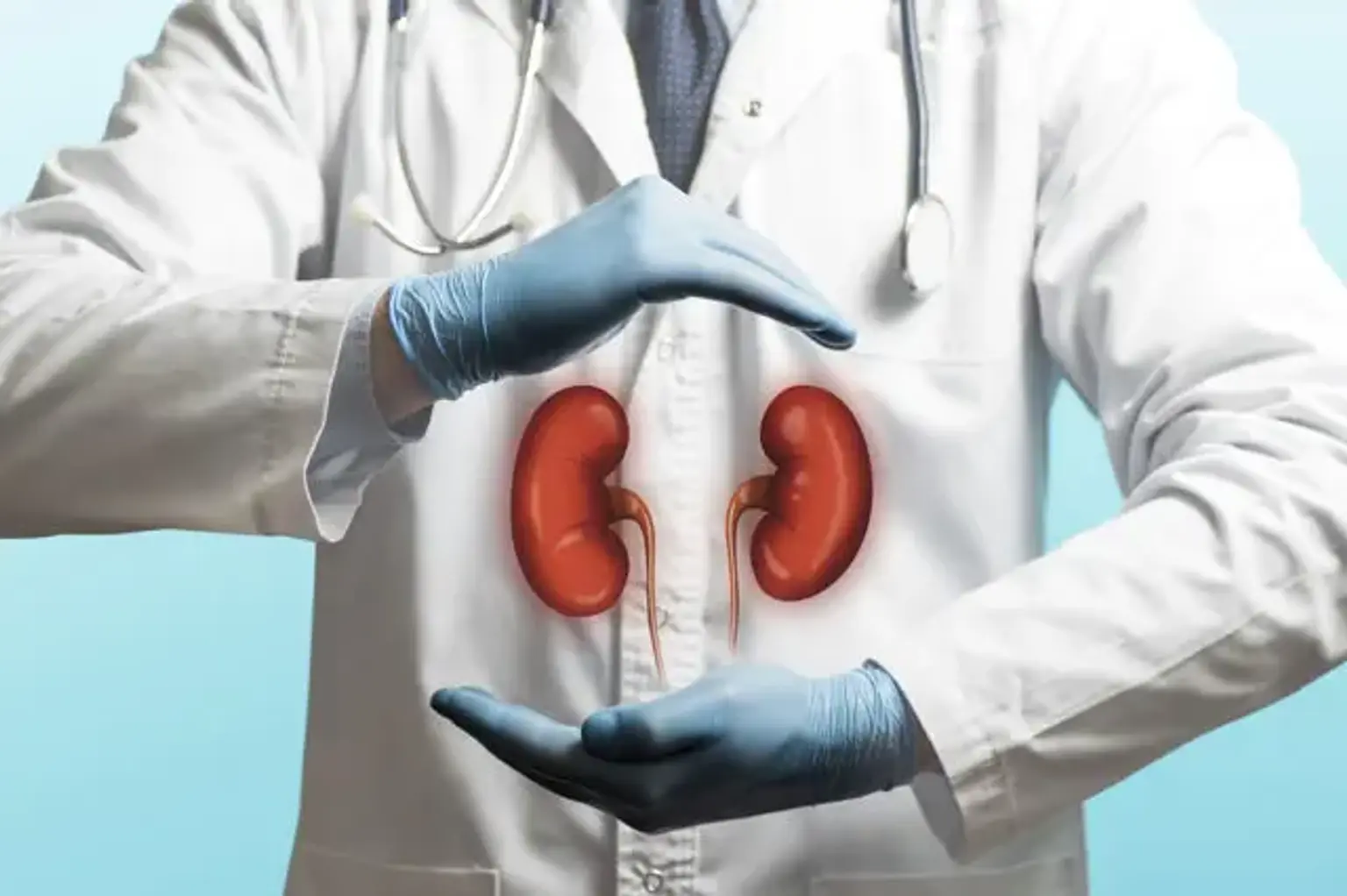Introduction
Kidney failure is a serious medical condition that can significantly impact overall health and quality of life. As vital organs, the kidneys play a crucial role in filtering waste, balancing electrolytes, and regulating blood pressure. When they fail to function properly, it can lead to dangerous levels of waste accumulation in the body and cause life-threatening complications.
This article delves into the critical aspects of kidney failure, including its causes, symptoms, and effective treatment options. By understanding these elements, patients and caregivers can take informed steps toward prevention and treatment. Whether you're newly diagnosed, supporting a loved one, or seeking to educate yourself, this guide will offer clear insights and actionable advice.
Understanding Kidney Function and Health
The kidneys are bean-shaped organs located on either side of the spine, just below the rib cage. They perform essential functions, such as filtering blood to remove waste and excess fluids, maintaining a balance of electrolytes, and regulating blood pressure. Additionally, kidneys are responsible for producing hormones that influence red blood cell production and bone health.
When kidney function deteriorates, these vital processes are disrupted, leading to a cascade of health issues. Understanding how kidneys work and their role in maintaining overall health is crucial for recognizing the severity of kidney failure and its impact on the body.
What is Kidney Failure?
Kidney failure, also known as renal failure, occurs when the kidneys lose their ability to filter waste effectively. It can be classified into two main types:
